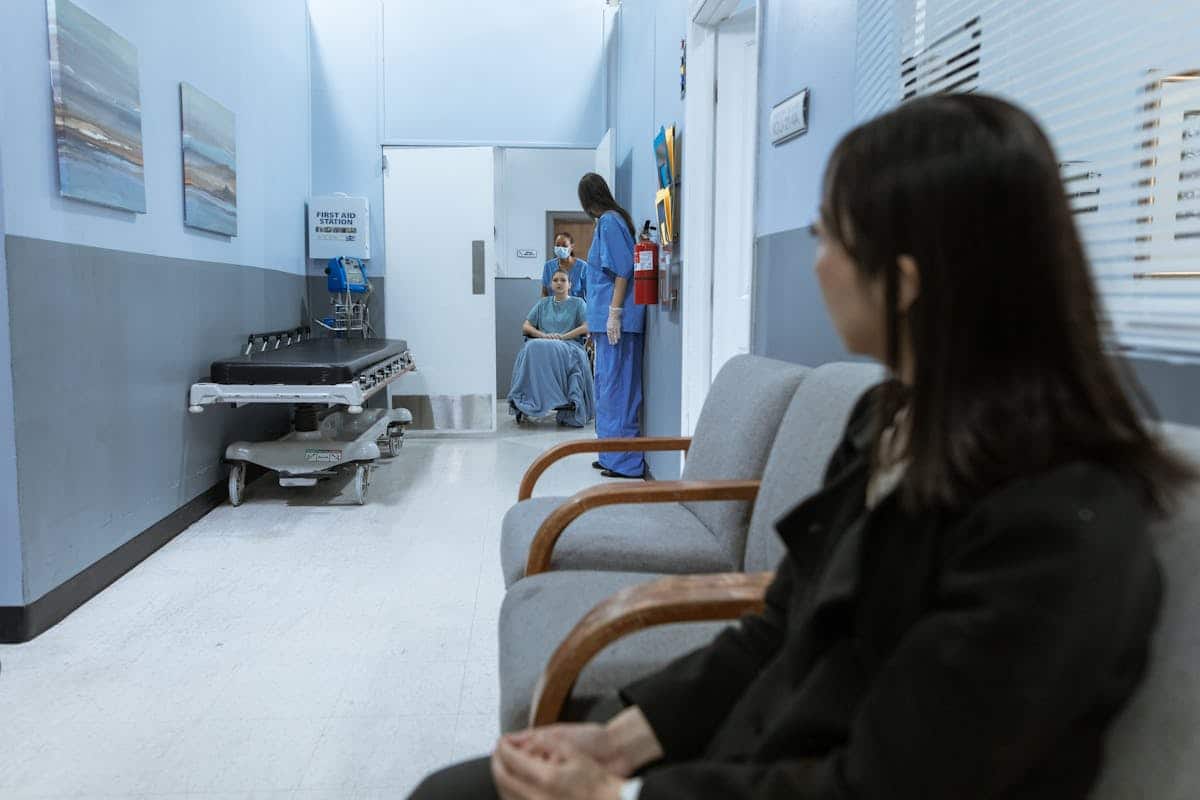Table of Contents
After medical treatment has been denied, it does not have to be the end of the story. You were hurt on the job, and you deserve to receive the treatment you need to heal. California gives you the opportunity to appeal your claim’s denial, and we will show you how.
The Qualified Medical Evaluator
The first step is for the state to appoint a QME. QME stands for “Qualified Medical Evaluator” and is the person who evaluates the denial. He or she will seek to determine whether or not you are entitled to receive the denied medical services. For example, your physician may have recommended that you obtain a particular treatment, but your employer or insurance company may have denied it.
After a QME gets involved with your case, you will need to attend another medical examination. The physician will evaluate you and write his or her findings in a report. In the report, your physician states that the injury was due to an accident that occurred at work and determines whether or not you are eligible for the medical services that were ordered previously.
The Independent Medical Review
The Independent Medical Review or IMR is the process in which medical professionals are selected to review decisions made by an insurance company. The California Department of Insurance administers this program, and as a resident of California, you are entitled to ask this body to perform an appraisal of the insurance company’s decision. The independent physicians determine whether or not your physician’s recommendations are necessary.
Appealing the Denial
If the decisions made by the QME and IMR support your claims, you will be allowed to appeal the denial of treatment. This will require that a judge hear your case. To do this, you must obtain and fill out the Application for Adjudication of Claim. You will fill this form out at the Department of Industrial Relations office in the county where you were injured or the county in which you reside. The claims administrator will be one of the parties to receive this document.
You Will Be Required to Attend a Hearing
In order to request a hearing or mandatory settlement contest, you must file the form known as the “Declaration of Readiness to Proceed.” The claims administrator and his or her attorney will attend this hearing with you. The judge will ask you and the other side questions that will help bring him or her to a decision, but the matter will not necessarily be settled at this hearing.
No Settlement
If the judge cannot settle the matter at the hearing, you are going to need to gather the documents that explain the dispute and identify the pieces of evidence that you wish to present at the trial. You must also include your witness list at this time. Then, the judge can schedule a date for a trial to settle your denial of medical treatment.
Going to Trial
Another judge will preside over the trial, but you will not receive a decision at your trial. You will need to wait to receive the decision by mail. It usually arrives between 30 and 90 days after the trial ends.
You may also disagree with the judge’s decision after the trial, but your case does not have to end there. You can also appeal this decision by submitting a Petition for Reconsideration.
You Are Entitled to Consult an Attorney
You are not obligated to undergo this lengthy process on your own. You can hire your own attorney. The reason that people avoid hiring attorneys is because of the expense, but “applicant’s attorneys,” the name by which your attorney will go, will not be allowed to charge you for his or her services. Instead, the lawyer’s fees will be paid by your Workers’ Compensation benefits.


